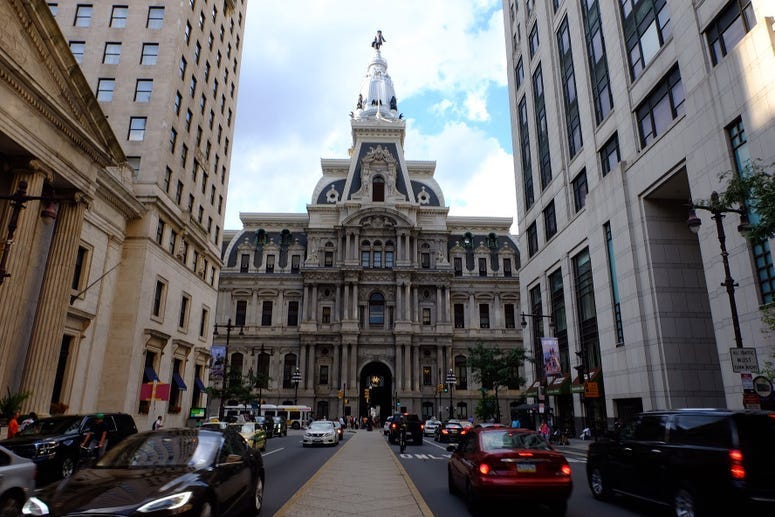
PHILADELPHIA (KYW Newsradio) — The COVID-19 pandemic has underscored a feature of Philadelphia’s tax structure that civic leaders have been warning about for several years: The reliance on wage and business taxes, as opposed to property taxes.
But there is a renewed call to examine alternatives.
Center City District president Paul Levy spent years trying to convince city officials to shift to getting more revenue from property taxes, as most cities do.
"The real estate tax is a much more reliable, much more stable base," said Levy.
But those requests were to no avail, at a time of falling tax revenues for the city.
A Pew study in March found Philadelphia had the second-highest revenue losses of 13 major cities.
The revenue stream relies heavily on taxes from businesses which were shut down, and wages which were not only reduced but eliminated for suburban commuters who began working from home.
"We have chosen, or fallen into a trap really, of relying so much on taxing what easily moves: People’s salaries and the revenues of businesses."
That’s why Philadelphia suffered greater revenue losses than other cities in the pandemic.
But Levy said that now, the American Rescue Plan has offered a chance to make the change by filling in gaps during the transition.
It says the federal funds, combined with tax restructuring, offers a chance for greater economic equity, by putting more money in the pockets of workers and encouraging business creation.
The current system, the report shows, has created business deserts in Black and Brown communities.
The report suggests a five-year schedule for reducing wage and business taxes and expanding real estate taxes.
"We really need a sense of urgency about this, because we have a godsend of federal funds and we’ll have that for two years or three years," said Levy.
"When that’s over, we’ll be right back where we are, unless we use this unique moment to make the changes that everyone has said we need to make."
So far, though, no one in city government is even discussing the issue, let alone planning for it.
In fact, City Council has signaled it’s unwilling even to approve the small wage tax reductions the mayor has proposed.


